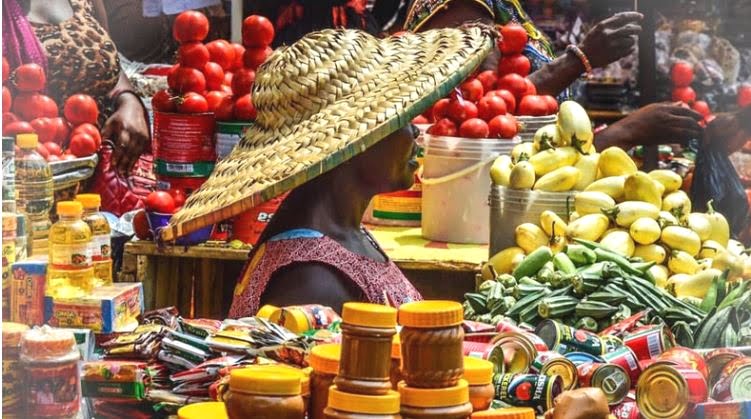Emmanuel Wullingdool, an Agriculture Consultant who doubles as the Executive Director for the Centre for Women and Nutrition (CWAN) has given an indication that the Minister for Food and Agriculture, Dr. Owusu Afriyie Akoto is being dodgy with the numbers and the situation of food security in the country.
Mr. Wullingdool explained that statistics by esteemed institutions paint a worrying picture about the dire situation of food insecurity; a narrative Dr. Akoto vehemently disagrees with. Mr Wullingdool cited the findings from the 2020 Comprehensive Food Security and Vulnerability Analysis (CFSVA), implemented by the Ghana Statistical Service (GSS) in collaboration with the Ministry of Food and Agriculture (MOFA), with financial and technical assistance by World Food Programme and Food and Agricultural Organisation of the United Nations.
The report suggested that food insecurity is concentrated in the five northern regions in the country, comprising, Upper East (48.7%); North East (33%); Northern (30.7%); Upper West (22.8%); and Savannah (22.6%).
The districts in the country facing the highest rates of food insecurity, among others are Kassena Nankana West (78.8%), Karaga (75.9%), Builsa South (74.5%), Tatale (68.4%), Bolgatanga East (66.3%), Kumbungu (61.2%), Jirapa (61.0%), Chereponi (60.3%), Tempane (59.2%) and Bongo (57.3%). All these districts are in the aforementioned regions.
Mr. Wullingdool in a response to the Minister’s comments explained that he [the Minister] must admit that the country still faces severe food shortages during the leans; a situation that cannot be described as proper for a country that is supposedly food secure.
“Today as we are talking, food inflation alone is over 17 per cent. For families that are living in low-income brackets, their disposable income as a result of inflation has gone down. That will mean that they can no longer afford to buy the same quantity of food they used to get with the same amount of money previously”.
“We should not run away from the element of nutrition as well. We still have issues of malnutrition in this country. You cannot talk about food security and leave out the nutrition element of it,” he said.
Read Also:
- 80k mt additional national warehouse capacity for grains commendable; what about perishables? – CWANS asks Dr. Akoto
- To say PFJ is “extremely successful” is an overstatement – Agric Consultant takes on Agric Minister
Mr Wullingdool continued to ask “When you look at fruits and vegetables, that form a huge part of nutrition, can we confidently say that these people in the low-income brackets can afford it at all times?”
“In the face of that, it would be difficult for one to say in the certainty that Ghana is food secure,” he said.
A1radioonline.com|101.1MHz|Mark Kwasi Ahumah Smith|Ghana


